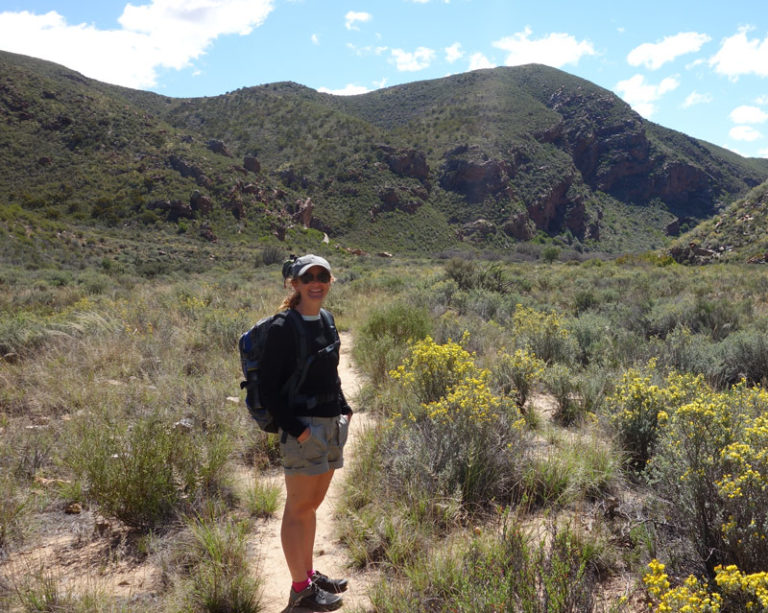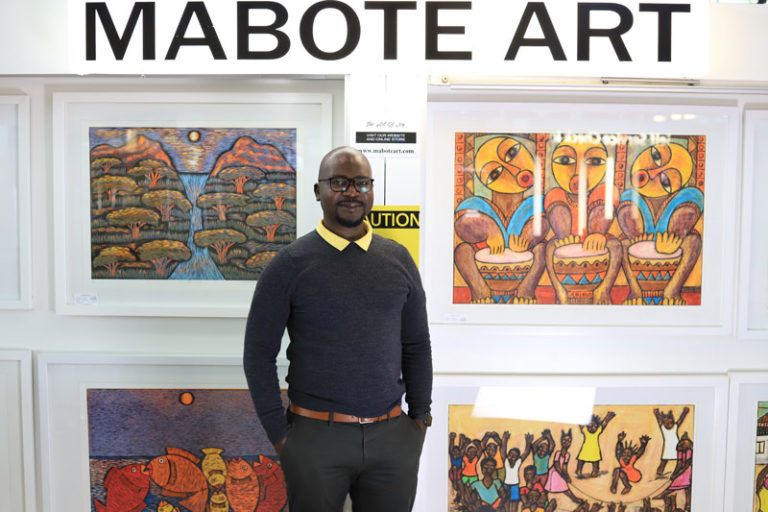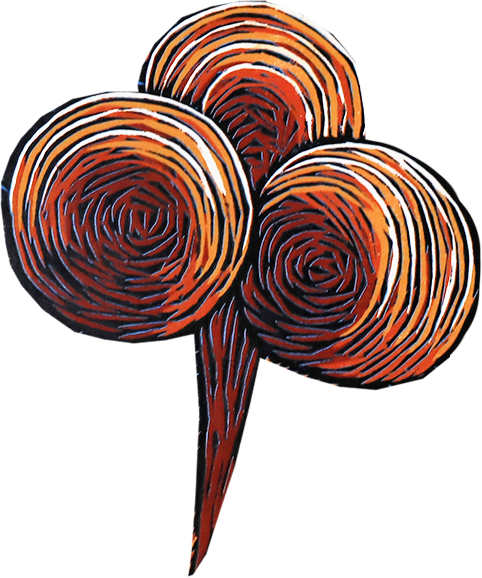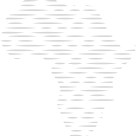About Bii4Africa
Maintaining biodiversity is central to sustainable development. Yet a lack of context-specific biodiversity information at policy-relevant scales has posed major limitations to decision-makers. To address this challenge we undertook a comprehensive assessment of sub-Saharan Africa’s biodiversity intactness using the place-based knowledge of 200 African biodiversity experts.
Accelerating socio-economic development over the past century has caused a dramatic transformation of ecosystems, through human activities such as cultivation, urbanisation, resource extraction and infrastructure development. As awareness grows about the scale and pace of biodiversity loss, so does our understanding of the importance of biodiversity to human well-being. Despite this increased awareness, development agendas and policy interventions persistently overlook the critical role of biodiversity in sustainable development. A lack of context-specific biodiversity information at policy-relevant scales has posed major limitations to mainstreaming biodiversity considerations into decision-making. Nowhere is this more true than sub-Saharan Africa, which is severely under-represented in global biodiversity datasets.
There may be a lack of biodiversity data for sub-Saharan Africa, but there is a wealth of knowledge about the region’s biodiversity and how it is influenced by human activities. An entirely different approach to measuring biodiversity is to ask the people who work in these ecosystems for their insights on how much biodiversity remains. This knowledge is held by African biodiversity experts—researchers, field rangers, tour guides, museum curators—the people who work on a daily basis in the region’s changing landscapes.
In this project, we sought out and convened 200 experts in African biodiversity in a series of expert elicitation processes to translate their knowledge into co-produced data. The resulting ‘bii4africa’ dataset contains standardised estimates of the impacts of human activities across sub-Saharan Africa on the abundances of its terrestrial vertebrates (±5,400 amphibians, reptiles, birds, mammals) and vascular plants (±45,000 forbs, graminoids, trees, shrubs).
We used this dataset to produce a map of remaining biodiversity intactness across sub-Saharan Africa.
PROJECT LEAD
Dr Hayley Clements is a senior researcher at the Center for Sustainability Transitions, Stellenbosch University. She is interested in understanding how biodiversity connects to human well-being, and the role of African wildlife economies in achieving just and sustainable development. Hayley applies social-ecological systems thinking to identify resilient and equitable conservation opportunities in a changing world. She is also affiliated with the University of Helsinki, researching the role of sustainable use in supporting biodiversity conservation, people and the economy in southern Africa.

Co-Creating Sustainable Futures in Africa
The BII4Africa network brings together experts, institutions and initiatives who are monitoring biodiversity, with decision-makers from government, conservation organisations and other natural resource management organisations in Africa.
Biodiversity experts across the continent are contributing their knowledge to develop BII scores for Africa. Following engagement with decision-makers, the resulting index will be shared on this website in a usable and relevant format for application in sustainable decision-making.
This collaboration aims to transform the way Africa develops, by recognising the role of nature in human well-being to create a more sustainable future for the continent.
The Centre for Sustainability Transitions is a research and training centre that draws together researchers, students and practitioners interested complexity thinking, sustainability science and transdisciplinary research methodology.
The project is funded by the Jennifer Ward Oppenheimer Research Grant, which is awarded annually by Oppenheimer Generations to support a research programme focused on contributing to the advancement of environmental and allied sciences in Africa.
Artist - Ezequiel Mabote
The artwork for this website has been created by Ezequiel Mabote. Born in Mozambique in 1979 and now based in Durban, South Africa, Ezequiel has been a printmaker and painter since 1999.
Ezequiel’s work has been exhibited locally and internationally, including at the BAT Centre (where he undertook an artist residency) and Elizabeth Gordan Gallery in Durban, “The Hall of Fame” at Bronx Community College New York, and Chicago’s Steele Life Galley.
His art pictures the rich natural landscapes of Africa, depicting people at work, leisure, and prayer in the environment. Ezequiel’s art can be viewed and purchased at MaboteArt.com and at King Shaka International Airport in Durban.


